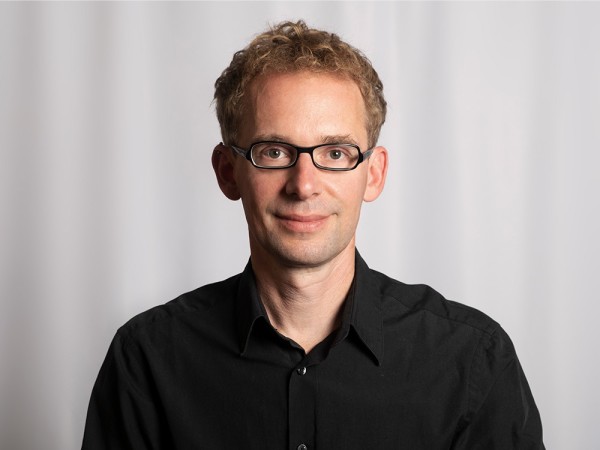Optimisation of Sewage Sludge Dewatering in Municipal WWTPs
Sludge treatment and disposal still remain one of the key positions of operating costs in large municipal wastewater treatment plants. In particular, sludge dewatering through centrifuges has a major impact on the operation costs.
This project focuses on the optimisation of dewatering steps in sludge treatment. Several options will be analysed systematically through theoretical and practical investigations. Centre of attention is the optimisation of the centrifugation process with various accompanying steps like sludge pre-heating with excess heat, floc formation prior to centrifugation and further operating parameters. In addition, alternative dewatering techniques and concepts will be reviewed in the scope of a feasibility study.
The trials are performed at four different WWTPs. The ISWW Institute of Sanitary and Environmental Engineering of the TU in Brunswick provide technical advice to the project. The investigations are performed in cooperation with Stadtentwässerung Braunschweig (SE|BS) and Berliner Wasserbetriebe as local plant operators. Furthermore, the expert consultant Kläranlagenberatung Kopp (KBK) is involved. The project is financed by Berliner Wasserbetriebe and Veolia Eau.


- Nutzung von Überschusswärme zur Optimierung der Schlammentwässerung
- Optimierungspotentiale für die Schlammentwässerung durch verschiedene chemische Konditionierungsverfahren
- Results of pilot-scale dewatering trials performed in Braunschweig Assessment of various operational factors on centrifugation performances (Project Decamax, Work Package 2)


